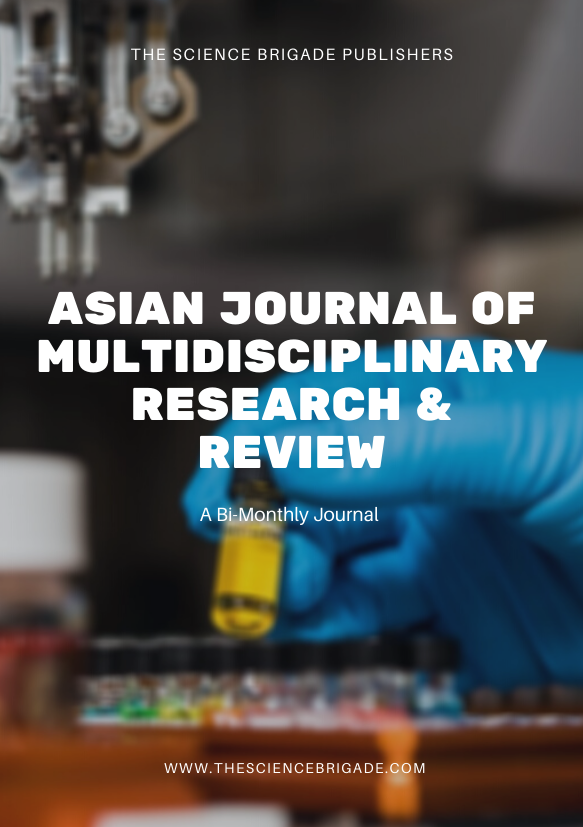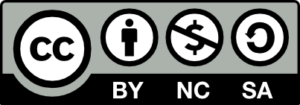The study determines women’s level of involvement in Marine Protected Areas (MPAs) Regulations of San Juan, Batangas in terms of their engagement in conservation, participation and compliance of MPAs laws. Analysis of gender dimensions of MPAs is valuable for implementing the municipal and national laws relative to MPAs’ management because women are often ignored in the involvement in making coastal resources management policies. In process of research, the validated questionnaire was examined and passed through reliability analysis – scale (alpha) or Cronbach’s alpha of .959 for overall involvement. The number of women respondents were determined through Raosoft sample size calculator with the result of 381 and equally distributed in 16 coastal barangays in San Juan, Batangas. Based on result, it revealed that most of the respondents were from 18-30 years, who are married, employed, whose primarily reason for involvement refers to livelihood and annually engaged into MPA related activities. They seldomly involve themselves into conservation, compliance and participation in the management of MPAs. For realizing inclusive and sustainable development, an action must take measure to integrate gender and development perspectives into marine protected areas and the implementation of women empowerment program in the coastal areas of Municipality of San Juan, Batangas.
Stewardship of Women Integrated into MPAs (SWIM) of San Juan, Batangas
Publication Information
Journal Title: Asian Journal of Multidisciplinary Research & Review
Author(s): Alexander Corachea
Published On: 11/09/2023
Volume: 4
Issue: 4
First Page: 104
Last Page: 118
ISSN: 2582-8088
Publisher: The Law Brigade Publisher
Cite this Article
Alexander Corachea, Stewardship of Women Integrated into MPAs (SWIM) of San Juan, Batangas, Volume 4 Issue 4, Asian Journal of Multidisciplinary Research & Review, 104-118, Published on 11/09/2023, 10.55662/AJMRR.2023.4404 Available at https://ajmrr.thelawbrigade.com/article/stewardship-of-women-integrated-into-mpas-swim-of-san-juan-batangas/
Abstract
Share this research
Latest Publications

License Information
Copyright © [hfe_current_year]
Alexander Corachea

Ownership and Licensing:
Authors of this research paper submitted to the Journal of Science & Technology retain the copyright of their work while granting the journal certain rights. Authors maintain ownership of the copyright and have granted the journal a right of first publication. Simultaneously, authors agreed to license their research papers under the Creative Commons Attribution-NonCommercial-ShareAlike 4.0 International (CC BY-NC-SA 4.0) License.
License Permissions:
Under the CC BY-NC-SA 4.0 License, others are permitted to share and adapt the work, as long as proper attribution is given to the authors and acknowledgement is made of the initial publication in the Journal of Science & Technology. This license allows for the broad dissemination and utilization of research papers.
Additional Distribution Arrangements:
Authors are free to enter into separate contractual arrangements for the non-exclusive distribution of the journal’s published version of the work. This may include posting the work to institutional repositories, publishing it in journals or books, or other forms of dissemination. In such cases, authors are requested to acknowledge the initial publication of the work in the Journal of Science & Technology.
Online Posting:
Authors are encouraged to share their work online, including in institutional repositories, disciplinary repositories, or on their personal websites. This permission applies both prior to and during the submission process to the Journal of Science & Technology. Online sharing enhances the visibility and accessibility of the research papers.
Responsibility and Liability:
Authors are responsible for ensuring that their research papers do not infringe upon the copyright, privacy, or other rights of any third party. The Journal of Science & Technology and The Science Brigade Publishers disclaim any liability or responsibility for any copyright infringement or violation of third-party rights in the research papers.




